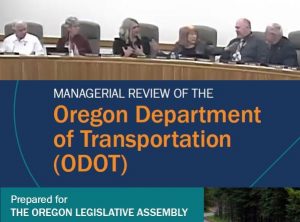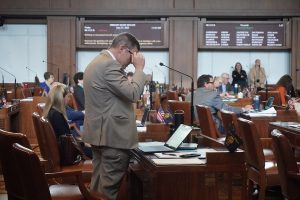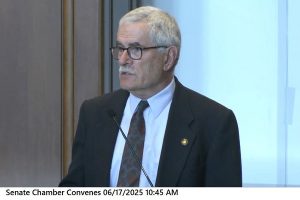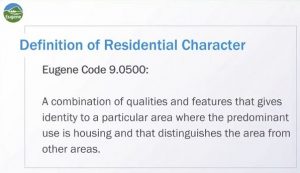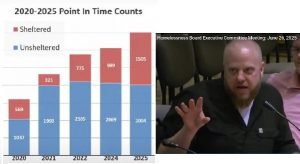Audit raises red flags, questions $11 million in Oregon emergency rent payments
4 min read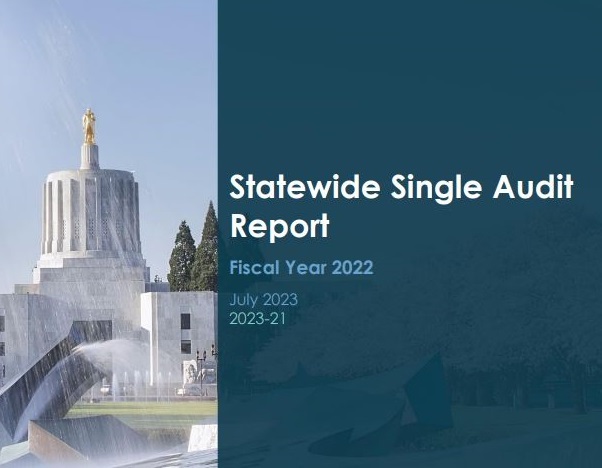
by John Quetzalcoatl Murray
The state likely cannot account for $11 million in payments under the Emergency Rental Assistance Program.
The statewide single audit for fiscal year 2022, released by the Secretary of State July 27 as Report No. 23-21, explained that Oregon’s Housing and Community Services department passed through program funds to community action agencies.
Due to staff turnover, however, OHCS performed fiscal monitoring for only five of the 18 subrecipients.
Based on samples, the auditors estimate that likely questioned costs total over $2.3 million for direct client assistance payments, and over $8.7 million for contractor direct client assistance payments, for a grand total of $11,067,350.
Auditors found four areas where the agency did not have controls in place to prevent, detect, or correct noncompliance with funding requirements. OHCS agreed with all four audit findings.
Finding 2022-025, recommending fiscal monitoring of subrecipients: “We agree with this recommendation. OHCS had significant compliance monitoring staff turnover in FY22 which led to a lack of monitoring. OHCS has subsequently hired a contractor to perform fiscal monitoring of all ESG funded grantees. OHCS also hired staff to pre-FY22 levels, fully trained all staff and began developing internal working relationships with program staff to assure operational efficiencies. This includes an annual workshop with all grantees, internal training, and standardizations of monitoring processes.”
Finding 2022-026, recommending system program monitoring, after estimating $11 million in likely questioned costs: “We agree with this recommendation. OHCS agrees and had we not been operating during a global health pandemic and had we had adequate time and staffing, we would have addressed this issue more carefully as we have in previous years. However, given that this was a new program that lacked sufficient time and resources to design, launch and operate to meet the pressing needs of Oregonians facing eviction and homelessness, the work required unprecedented action that sometimes fell short of our usual standards for client assistance payment compliance.
“OHCS will use these lessons moving forward should we operate future emergency programs to move towards best practices. Lack of staff significantly limited our ability to perform the necessary monitoring.”
The response also outlines actions the agency took to address the workload, including hiring an additional contractor and examining random samples of applications and payments.
Finding 2022-027, recommending that HCS update and correct inaccurate reports: “We agree with this recommendation. Numerous Community Action Agencies (CAAs), after months of exponential growth in program resources without time to strategize and scale operations, reported major capacity issues a chronic backup of applications at the local level. OHCS took the unprecedented step to augment CAA staff to contract with a third-party vendor to clear the backlog. This approach rapidly increased production and moved the federal program closer in line with the state’s then 60-day safe harbor period but came with additional monitoring and reporting challenges.
“OHCS did meet the reporting timelines and requirements of US Treasury,” the response said, by “relying on our accounting system and records as a control source of actual disbursements.” But the audit revealed that the department’s IT system did not record point-in-time data, which would have allowed reconciliation. “We acknowledge that there were some discrepancies between systems when one file was overridden with new information and one other file contained an error. We have taken steps to ensure data integrity and records retention moving forward…Data integrity is of the utmost importance to the agency, and we appreciate the thorough review by the auditing team,” OHCS wrote.
Finding 2022-028, recommending compliance with the Federal Funding Accountability and Transparency Act: “We agree with this recommendation. Oregon was not unique. Many states experienced frustration with the lack of clarity in the reporting process.”
The response noted that the National Coalition for State Housing Agencies wrote Feb 8, 2022 asking that Treasury fix its reporting portal, streamline reporting requirements and provide technical assistance. The response concluded, “Although US Treasury has been nonresponsive, OHCS will continue to attempt to obtain a direct response from US Treasury for our own records.”
The audit report was released days after a Eugene city councilor questioned the value of a city contract with Springfield Eugene Tenants Association.
Councilor Mike Clark suggested that after advocating for council action on renter protection, SETA could not be trusted to provide objective nonpartisan data.
Asking Community Development Director Will Dowdy for renter eviction data on July 24, Councilor Clark characterized SETA as “Democratic Party folks who have an interest, politically and otherwise, in not giving you the information that we’re talking about.”
He said city councilors could not evaluate the results of their action “without objective data that doesn’t come from the people who were advocating this for months in the first place.”
On the same day the audit report was released, Gov. Tina Kotek held a signing ceremony for SB 5511, which appropriates $6 million for OHCS grants to the Oregon Law Center, Community Alliance of Tenants and Springfield Eugene Tenants Association for “tenant resources, including but not limited to tenant education, resource navigation and referrals, and eviction prevention services.
Whole Community News asked Will Dowdy for details about the SETA contract. Whole Community News also filed a public records request with OHCS to obtain a list of community action agencies contributing to the adverse audit finding.
Asked to comment on the state audit, Executive Director Tim Morris responded by email: “We have no comment about the state audit. Regarding our operations, our mission is to assist, educate, and support tenants in our community. We do so by partnering with many different agencies and communities to provide the most up-to-date information and guide tenants toward the resources they need. We are successful in our goals to slow the growth of houselessness and prevent displacement of those most vulnerable in our community. We see no changes to our operations in keeping people housed, safe, and stable.”
